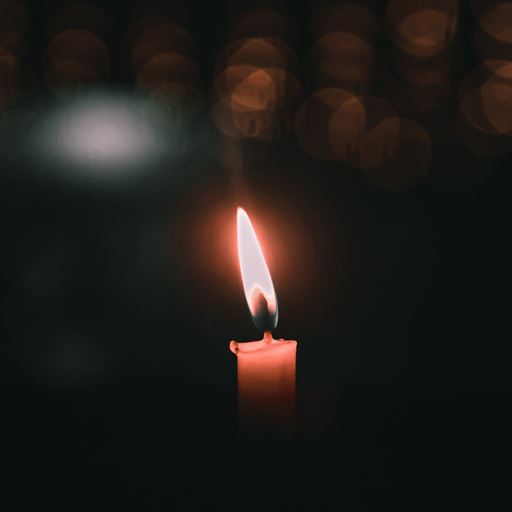Holocaust Memorial Week provides an opportunity to remember and to learn
-
Date
Thu 13 Jan 22

The University has an interesting and varied programme of events planned for this year’s Holocaust Memorial Week.
As well as our Reading of Names commemoration and the Procession of Light to mark Holocaust Memorial Day, we have an enlightening panel discussion on The Durban Diaries 20 years on, a discussion with author Professor Wendy Lower on a new book about Holocaust experiences in eastern Europe, a film screening, a Friday Evening Service and more.
Plans are also in the pipeline for a trip to Harwich for our University staff and students to learn more about the Kindertransport and the Harwich Kindertransport Memorial and Learning Trust. The port of Harwich was the main point of entry for most of the 10,000 children who came to Britain between 1938 and 1939.
Every year, since 2007, we have marked Holocaust Memorial Day with a series of events taking place around the anniversary of the liberation of the Auschwitz-Birkenau concentration and extermination camp by Soviet troops.
It is a time to remember. To remember the millions of Jewish people killed in the Holocaust and other victims of the Nazi persecution as well as genocides perpetrated against targeted groups in countries around the world.
It is also an opportunity to learn. It’s an opportunity for us to look at human rights issues, explore discrimination that still exists today, and lessons still to be learned by the Holocaust.
Professor Rainer Schulze from the Department of History, who initiated Holocaust Memorial Week at the University, said it is also about keeping the memory alive.
“We have an obligation to remember and commemorate those who were persecuted, suffered and died during the Holocaust. However, this is not an end in itself. We are keeping the memory alive for a very important purpose: to help prevent another total break-down of civilization such as the one that happened during the Nazi rule over much of Europe," he said.
“We remember the past in order to act responsibly in the present and shape our common future together.”
Unlike last year when, due to the pandemic, all events were online, we are delighted to be able to have some events in-person this year. We continue to have online events which allow speakers to join us from around the world.
As in previous years, the week of events starts on Holocaust Memorial Day itself, Thursday 27 January, when we remember the victims of the Holocaust and other genocides with the Reading of Names. Like last year, we have asked our community to join this act of remembrance by recording short video clips of themselves reading the names of people they would like to remember.
On the same day, we have the Procession of Light. There will be a workshop on our Colchester Campus during the day where you can make a lantern to carry during the procession, and the procession itself takes place in the early evening. A poignant and atmospheric event, it is led by music from Balkan gypsy band, Band of Fools, and finishes with a poetry reading for a moment of reflection and an opportunity to join together and enjoy some refreshments from the Good Souls Bakery.
Other events throughout the week include a film screening of Son of Saul (with an online panel discussion afterwards), a lunchtime talk by Professor Rainer Schulze on the Amy Zahl Gottlieb collection, which is kept in the Albert Sloman Library, and a special Holocaust Memorial Week performance from music group Don Kipper.
Online events include a panel discussion on the 20th anniversary of the Durban Declaration and Programme of Action where we will hear from Joelle Fiss, the author of The Durban Diaries, and from leading members of the Jewish Community in South Africa who will reflect on how events from 20 years ago affect their lives today. There will be a focus on experiences of contemporary antisemitism and global advocacy efforts to combat antisemitism.
The following day, senior lecturer Dr Joanna Rzepa from our Department of Literature, Film, and Theatre Studies, will chair an “in conversation” event with American author and historian Professor Wendy Lower, whose book The Ravine uses a rare photograph, which documents the murder of a Jewish family in Ukraine, to shed light on mass shootings in Eastern Europe.
For all the information you need on our Holocaust Memorial Week programme, check out the events webpage from Monday 17 January, or please contact Holly Ward in the events team.



